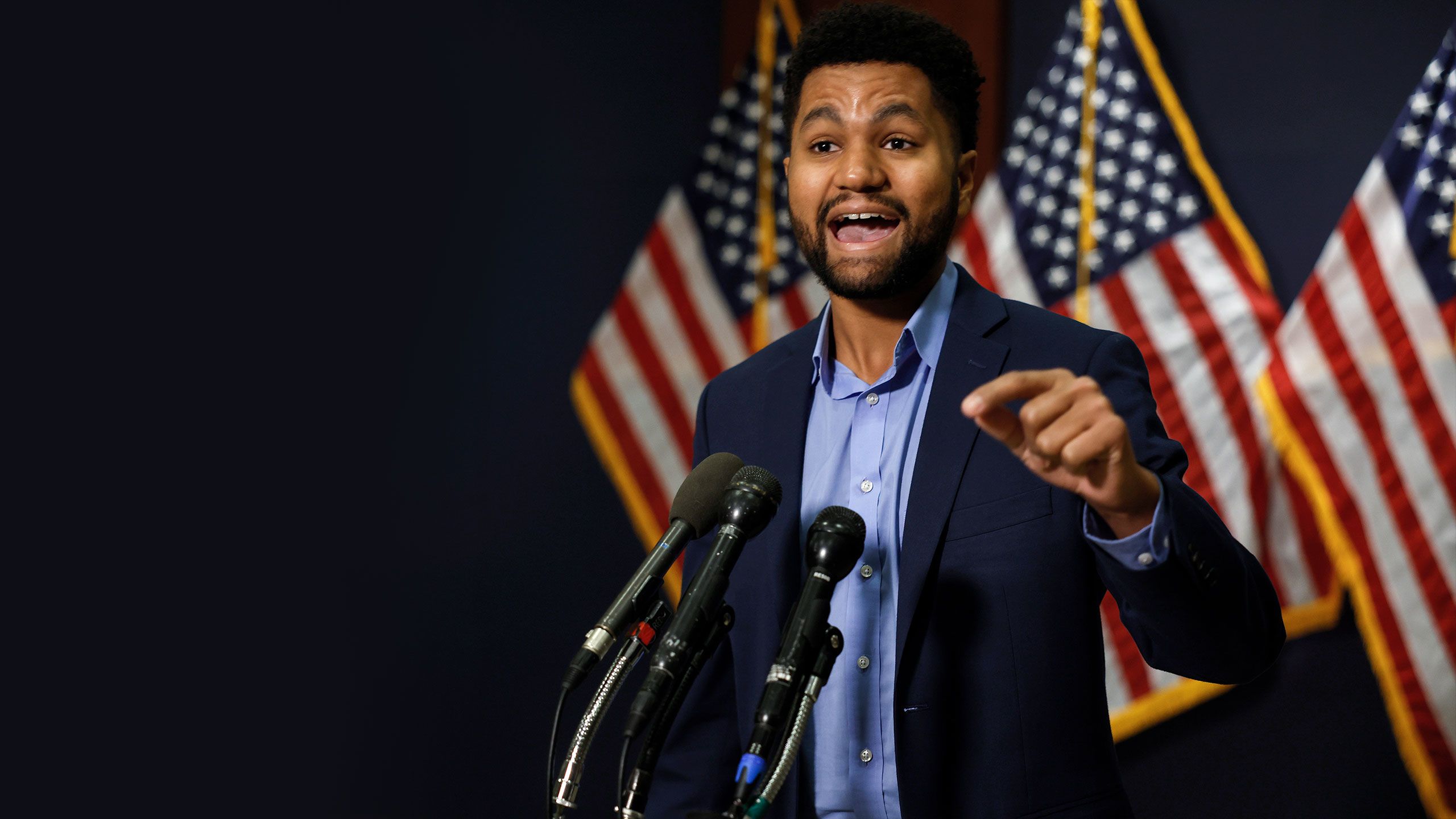Generational Shift
Gen Z motivated to make change

The 2022 midterm elections saw voters of Florida’s 10th congressional district elect Maxwell Frost as the first Gen Z member of Congress. Across the country, voter turnout among 18-to 29-year-olds was at an uncharacteristically strong 27 percent, with many political commentators crediting Gen Z for helping Democrats secure victories in close races. Rutgers University–Camden researcher Daniel Hart believes these election-night narratives reflect a broader trend toward young people becoming more politically engaged and putting their beliefs into action.
“Maxwell Frost’s election indicates that even in a society where older generations control much of the political power, young adults can participate effectively,” said Hart, a distinguished professor of psychology and childhood studies in the College of Arts and Sciences.

Daniel Hart, Rutgers University–Camden distinguished professor of psychology and childhood studies
Daniel Hart, Rutgers University–Camden distinguished professor of psychology and childhood studies
“We know that younger voters are more liberal in their social attitudes than older voters,” said Hart, whose research and writing have been widely cited for their insights into how young people become interested in civic pursuits. “Gen Z is deeply motivated to advance justice and promote the planet’s health by fighting climate change.”
Many of the youngest members of Gen Z have shown a dedication to activism even though they are not yet old enough to vote. Hart supports decreasing the voting age to 16 in municipal elections to engage youth in the voting process.
“Voting is a habit fostered by social models,” Hart said. “Teenagers who witness their family and friends participating in the democratic process are more likely to become life-long voters. Lowering the voting age would enrich civic education and deepen political interest, whereby 16-year-olds would become more thoughtful about voting and cast responsible votes.”
Young Americans have fought for social and political change throughout United States history, Hart said, but due to the decline in social connection derived from institutions such as churches and clubs, they have fewer opportunities to engage with their communities in person. Hart recommends that libraries, political parties, and other civic organizations offer young people more leadership opportunities.
As a leader of the Next Generation Community Leaders initiative—offered in Camden and nine other New Jersey communities—Hart sees the impact of civic education firsthand. By pairing young people with local government leaders to help find solutions to problems in their communities, the program teaches participants that their efforts can bring about change.
“The participants develop a sense of civic efficacy,” said Hart. “Like so many others in their generation, they are building the skills they need to become leaders in their communities and beyond.”

Creative Design: Beatris Santos